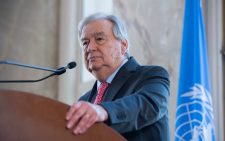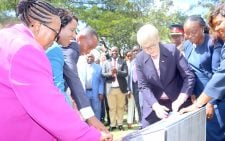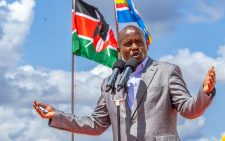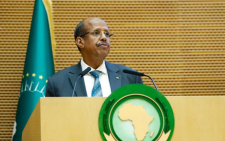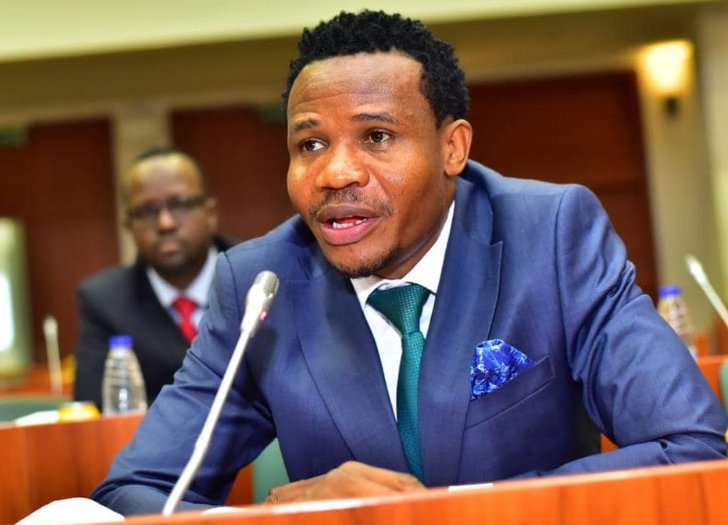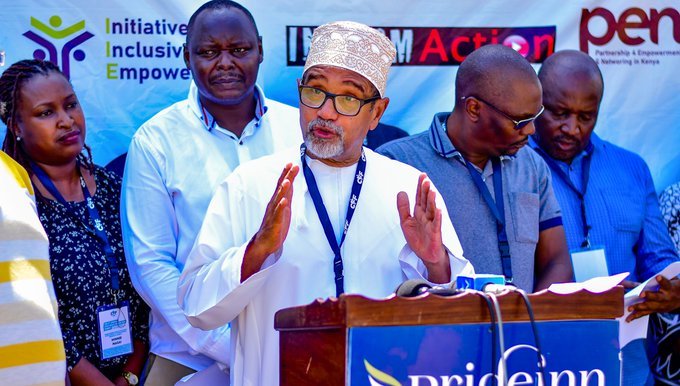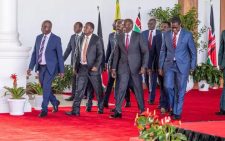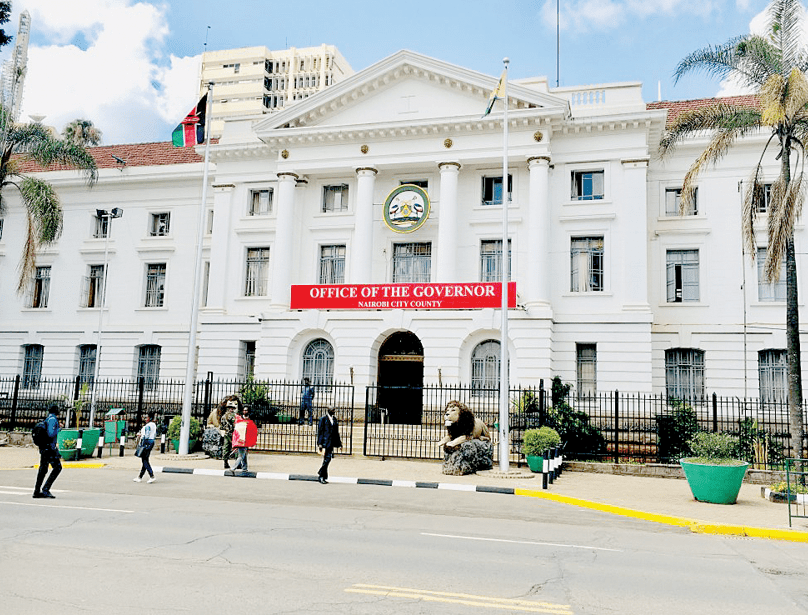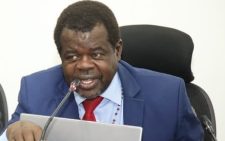Momentum builds to COP30, uniting global climate action

Momentum is building to November’s United Nations Climate Change Conference (COP30) in Belém, Brazil, with two key events this week and next month focused on global climate action.
Recognising the evolving needs and new challenges for the climate agenda, the UN Framework Convention on Climate Change (UNFCCC) has introduced the new Climate Weeks, dialogues for ambition and implementation of climate action.
The biannual meeting platform, aligned with the objectives of the Paris Agreement, will focus on accelerating the transition to action on the ground of decisions adopted under the intergovernmental process, and will build momentum towards COP30 by facilitating targeted inputs for future meetings.
Panama is this week hosting the first Climate Week, while the second one is envisaged to take place ahead of COP30, most likely in Africa to maintain a global focus in scope and participation.
The Climate Weeks will bring together representatives of parties (nations) and non-party stakeholders in a global space that will combine several planned UNFCCC mandated meetings, as well as policy and high-impact dialogues.
This format offers a unique opportunity to link the intergovernmental process and the discussions that will feed into COP with the real needs of implementation, enabling the consolidation of activities to increase efficiency and impact.
National plans
This strengthened approach will provide a structured yet flexible space for dialogue, capacity-building, and showcasing innovative solutions to support the intergovernmental process and urgent, inclusive, and coordinated climate action, says UNFCCC.
Climate action encompasses efforts and various actions by individuals, organisations, and governments to address the climate crisis – to mitigate and adapt to climate change, including reducing greenhouse gas emissions (mitigation) and preparing for and adjusting to current and future impacts (adaptation).
It also includes providing financial resources (climate finance) to support climate action in developing countries, including funding for mitigation and adaptation projects.
As part of global climate action, governments develop and implement national climate plans to outline their commitments and strategies for reducing emissions and adapting to climate change.
At COP21 in Paris, governments agreed that mobilising stronger and more ambitious climate action is urgently required to achieve the goals of the Paris Agreement, a legally-binding treaty on climate change. It was adopted by 196 nations on December 12, 2015 and entered into force on November 4, 2016.
The Paris Agreement’s overarching goal is to hold the increase in the global average temperature to “well below 2 degrees Celsius (°C) above pre-industrial levels” and pursue efforts to limit the temperature increase “to 1.5°C above pre-industrial levels”.
However, in recent years, world leaders have stressed the need to limit global warming to 1.5°C by the end of this century. That is because the UN’s Intergovernmental Panel on Climate Change (IPCC) indicates that crossing the 1.5°C threshold risks unleashing far more severe climate change impacts, including more frequent and severe droughts, heatwaves and rainfall.
Experts say global climate action must come from governments, cities, regions, businesses and investors. The Paris Agreement formally acknowledges the urgent need to scale up the global response to climate change, which supports even greater ambition from governments.
Political will to change the world will come through local communities and grassroots movements fighting together in solidarity to bring about a climate just and equitable world, according to Climate Action Network (CAN).
A global network of more than 1,900 civil society organisations in over 130 countries, CAN drives collective and sustainable action to fight the climate crisis and to achieve social justice. It convenes and coordinates civil society at UN climate talks and other international fora to ensure that all global advocacy and strategies are informed from the bottom-up.
And to make sure the world meets a 2030 goal to triple outflows from UN climate funds agreed at COP29 in Baku, Azerbaijan, its presidency has urged the global community to use early milestones to stay focused on climate action.
COP29 President Mukhtar Babayev says it has been a noisy few months since the climate summit in Baku, noting that “unpredictability, volatility, distraction and confusion are all enemies of focused and sustained climate action”.
“Committed climate actors face a challenge: how do we keep the world focused on the need for action and investment amidst competing demands on attention and resources? The answer – concentrate on concrete steps that we can take now,” Babayev wrote in a commentary in the authoritative UK-based Climate Home News digital publication.
He said people may disparage the process of multilateral diplomacy, terming an easy target.
Multilateralism prevails
“But in such difficult times, it proves its worth. Its norms and its frameworks for collective action provide much-needed anchors to help us weather the storms. Its North Stars – or Southern Crosses for our southern hemisphere friends – allow us to focus the constructive energies of committed climate actors as we navigate uncharted waters,” Babayev added
He said even without everyone on board the ship, “the process makes sure we keep moving forward. In this light, the outcomes of COP29 demonstrate that multilateralism can prevail, even in in the face of persistent challenges and uncertainties”.
The process, he argued, also provides us with a tapestry of promises that we must fulfil, stitched together over time to form a patchwork roadmap.
At COP26 in Glasgow, governments pledged to double adaptation finance by this year. In Baku, they collectively committed to tripling the outflows from official UNFCCC funds by 2030 before ultimately mobilising the full Baku Finance Goal of US$300 billion per year by 2035.
“These milestones matter. They help us measure progress. They give us a reference point so we can stay on course,” Babayev wrote.
Small Island States (SIS) and Least Developed Countries (LDCs) put the 2030 target for official UNFCCC funds on the agenda in Baku because these bodies know how to help the most vulnerable and they are answerable to them, he said. Organisations such as the Green Climate Fund (GCF) are focused on achieving the most positive climate impacts and making sure finance is accessible to those who need it.
“Unfortunately, we know that a promise made is not always a promise kept. We recognise that work is needed to hold everyone to account for their pledges and keep them focused. Political will needs to be maintained. Financial commitments need to be fought for every step of the way,” he added.
The recent Copenhagen ministerial meetings heard again from SIS and LDCs about the importance of the official funds such as the GCF, the Adaptation Fund, and the Fund for Responding to Loss and Damage.
“Others may be distracted, but these countries – some of whom are literally facing climate extinction – remember these critical promises. They remember how every country agreed to them, and they are insistent that collectively they must be delivered”.
The COP29 President is working with the incoming Brazilian COP30 presidency to mobilise all stakeholders under the vision of a global “mutirão” – where a community comes together and each offers their best to solve a collective challenge.
